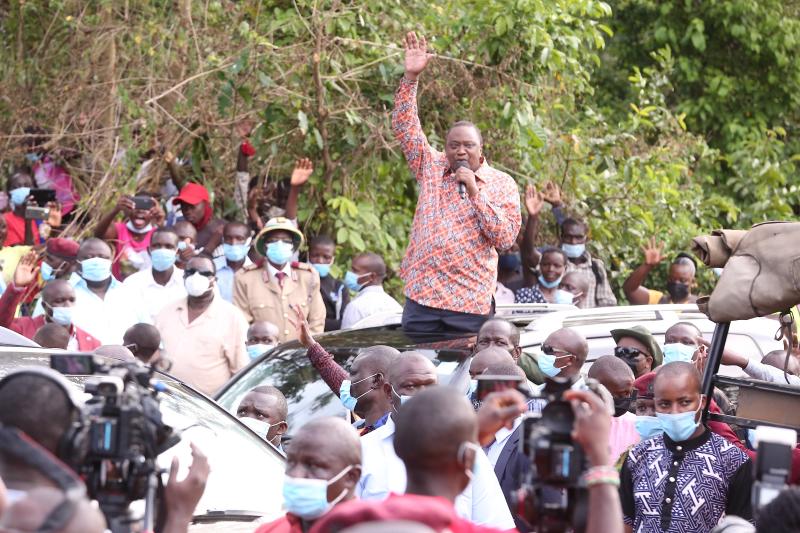×
The Standard e-Paper
Fearless, Trusted News

With the 2022 elections drawing closer, I thought I should switch gears from focusing on the present and the past to offering unsolicited advice – my thoughts—in a forward-looking treatise.
You see, I consider Kenya a huge conglomerate with five-year cycle of Annual General Meetings. The electorate are the shareholders and though the politicians and the ruling elite - including the bureaucracy- assume that they have more stakes than everyone else, the truth is we are all equal.